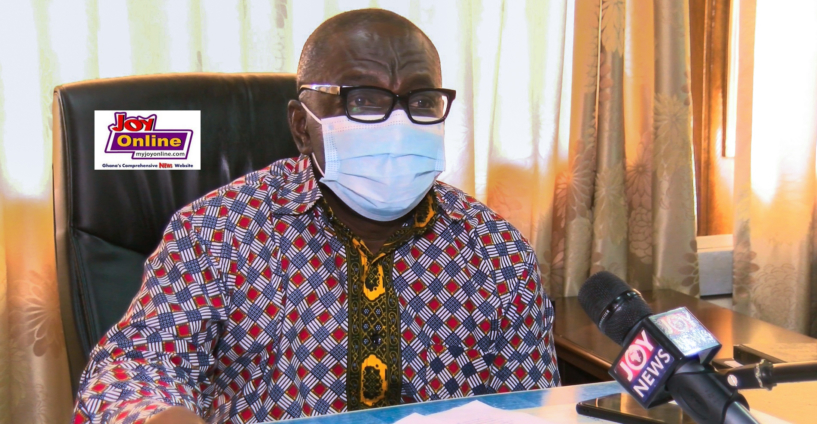Lead is increasingly consumed globally due to the skyrocketing demand for energy-efficient vehicles.
The high demand of the chemical substance for its utilization in industrial enclaves, like the Kumasi Suame Magazine, poses health and environmental threats.
To alleviate the increasing cases of lead poisoning, especially in children, the Ashanti Regional Directorate of the Ghana Health Service has instituted a steering committee to ensure stringent implementation of policies.
Reports indicate that about 0.6% of the global burden of diseases can be attributed to lead poisoning.
Lead poisoning poses grave child health concern throughout the world, as children are most likely to be exposed to the chemical substance.
In low- and middle-income countries, including Ghana, children living in lead-polluted sites stand the risk of lead poisoning through automobile fumes and dust from decaying lead-based paint.
Ashanti Regional Director of the Ghana Health Service, Dr. Emmanuel Tinkorang says the increasing menace puts children's lives at risk.
"Lead is non-biodegradable; for that reason children working around refuse dump are always contaminated with lead. These children either inhale it or consume it.
"When it enters the body, it can destroy the brain, kidney, liver and bones, and also cause Anaemia. So many children are dying from lead poisoning," he said.
The Regional Health Director, in collaboration with UNICEF, has instituted an advocacy committee to create awareness against the alarming deaths resulting from lead poisoning.
The committee is to ensure a comprehensive understanding of detrimental effects of lead poisoning.
Dr. Tinkorang added "under this strategy, the committee is to first create awareness about lead poisoning and educate the community that people are dying as a result".
The project will assess the medical status of children in selected lead-prone areas in the region.
According to the Regional Health Director, a medical facility will be allocated to test the lead levels in the blood of children and other patients.
"Clinical assessments will also be conducted under the project to know if the level of lead in children is dangerous, especially in areas like Suame Magazine, Dagomba line, where there is fitting works ongoing there," Dr. Tinkorang said.
Dr. Tinkorang assured that the 2-year project will be sustained by the government to eradicate lead poisoning among Ghanaian children.
"Ghana Health Service intends to sustain the project after its span. We are not only going to do this for 2-years," he said.
Latest Stories
-
Parliamentary disruption is a self-inflicted wound – Speaker’s lawyer criticises Supreme Court plaintiff’s actions
3 mins -
Seeds are more expensive than gold – Netherlands Ambassador calls for collective action on Agrobiodiversity
27 mins -
Grandad Sings: The 92-year-old TikTok sensation
49 mins -
‘No-one will win’: Canada, Mexico and China respond to Trump tariff threats
1 hour -
Kenya less open to visitors despite visa-free policy – report
1 hour -
New Mauritius PM has reservations about UK’s Chagos deal
2 hours -
Trump picks Covid lockdown critic to lead top health agency
2 hours -
Drake takes legal action over Kendrick Lamar’s Not Like Us
2 hours -
We’re too boring for kids for social media ban – LinkedIn tells court
2 hours -
Celebrating Prempeh, the Asantehene banished by the British
2 hours -
2024 All Africa Challenge Trophy: Morocco to host Women’s Golf event slated for November 28
4 hours -
Prosecutors demand 20-year jail sentence for husband in mass rape trial
5 hours -
Man City throw away 3-0 lead to draw with Feyenood
5 hours -
Ghanaians, your vote matters: Let us secure the future with Dr. Bawumia
5 hours -
Saka stars as Arsenal thrash Sporting
5 hours

